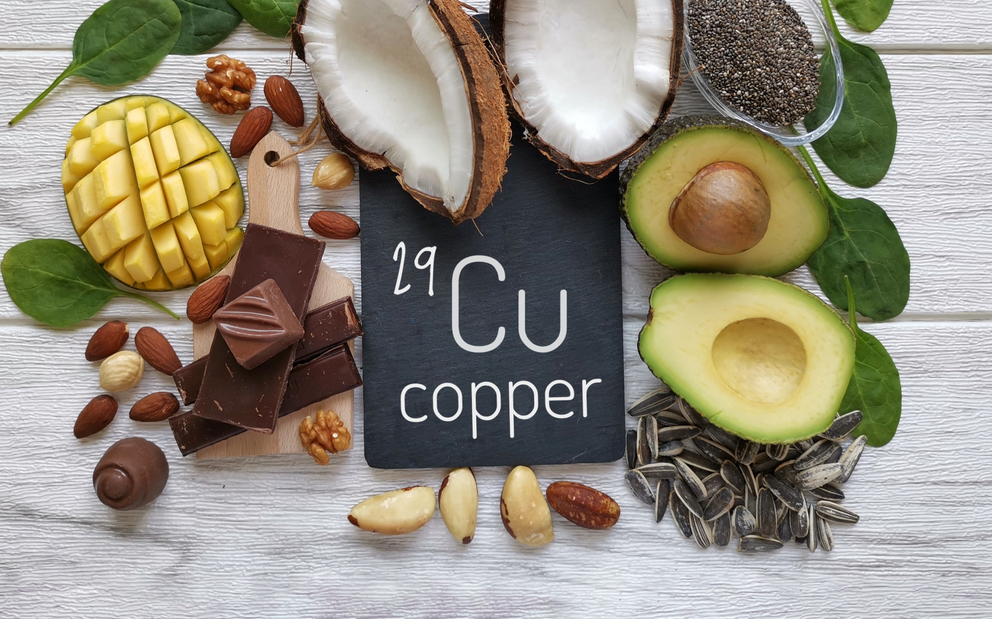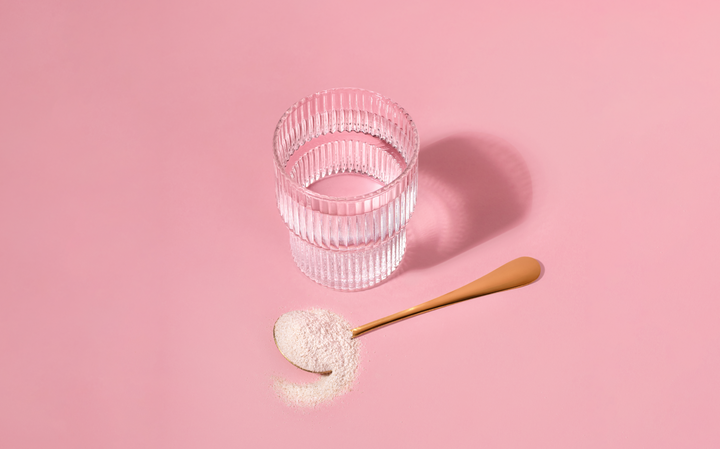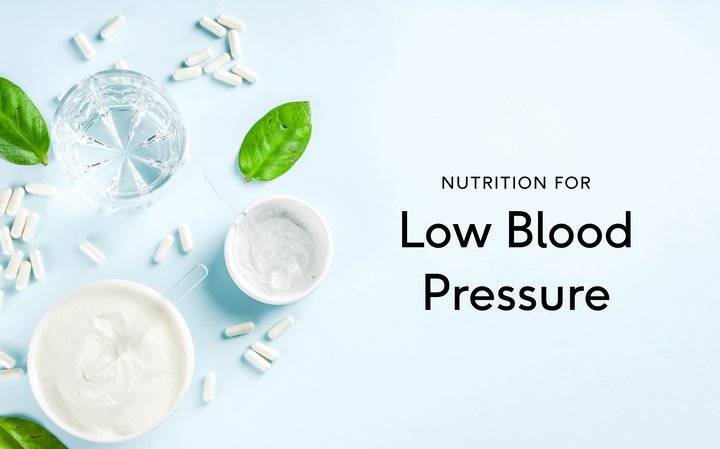Using the best form of copper: citrate vs bisglycinate
Table of contents

What forms of copper are there?
In supplements, copper generally comes in the following forms:
- Copper citrate
- Copper bisglycinate
The difference?
Copper citrate is the most common type of dietary copper used on the market. This substance is cheap to mass-produce, but there are some concerns about its bioavailability. Copper bisglycinate, however, is bonded to a glycerin substrate, and it absorbs directly into the bloodstream. This type of copper has much higher bioavailability than copper citrate, but scientists aren’t sure yet exactly how much better the absorption of copper bisglycinate might be.
In general, copper isn’t one of the more focused-on essential minerals. Your body only needs copper in tiny concentrations, and examples of copper deficiency are quite rare. Therefore, research into different types of copper in supplements is in its infancy. The European Food Safety Authority (EFSA) did, however, release a study in 2015 detailing the amount of copper that should be included in your diet. This information corroborates the data released by the American Office of Dietary Supplements, but neither regulatory agency provides concrete data on the differences between copper citrate and copper bisglycinate.
A significant amount of research has been done into copper supplementation, and some scientists have concluded that copper bisglycinate is entirely safe for human consumption. One study was conducted to learn more about how a variety of bisglycinate minerals behave in the body, and it found that this copper formulation “ is not of safety concern.”
It’s important to note that another form of copper exists that should never be ingested. Copper sulphate is a toxin, and it will harm you if you consume it. Supplements with copper can be hard to absorb anyway, and taking the wrong type of copper will do far more harm than good.
Takeaways:
- Copper citrate is a popular option, but it might have absorption issues
- Copper bisglycinate absorbs directly into your bloodstream, which provides better bioavailability
- Copper sulphate is a toxin that shouldn’t be included in supplements
Why is copper in bisglycinate form better?
According to certain nutritionists, individuals with certain absorption conditions might have trouble absorbing copper citrate supplements. Like all metallic trace nutrients, copper is naturally hard to absorb, so it’s necessary to take copper in food or mix it with certain chemicals or materials to make it bioavailable.
While there isn’t a lot of definitive data on this subject, the nutrition world clearly believes that copper glycinate is the way of the future. Even in the absence of a scientific consensus, people are abandoning copper citrate and choosing copper bisglycinate because this new kind of copper supplement is guaranteed to absorb even if your gut lining isn’t at its best.
Takeaways:
- Copper citrate might not absorb as well for everyone
- Since copper bisglycinate absorbs directly into the bloodstream, it’s a more foolproof approach to copper supplementation
Why do we use copper bisglycinate instead of other forms?
Here at WeAreFeel, it’s our honest mission to create and share the best multivitamins on the planet. Our company was born out of our frustration with existing supplement options, and with our Feel Multivitamin™, we’ve taken another leap forward toward reinventing the daily multivitamin industry from the ground up.
Switching from copper citrate to copper bisglycinate is our way of looking out for our customers. While it’s possible that copper citrate works well for you, we want to be as inclusive as possible and offer an ingredient that works well for everyone. Enjoy Feel Multivitamin™, now with copper bisglycinate!













































 Back
Back





